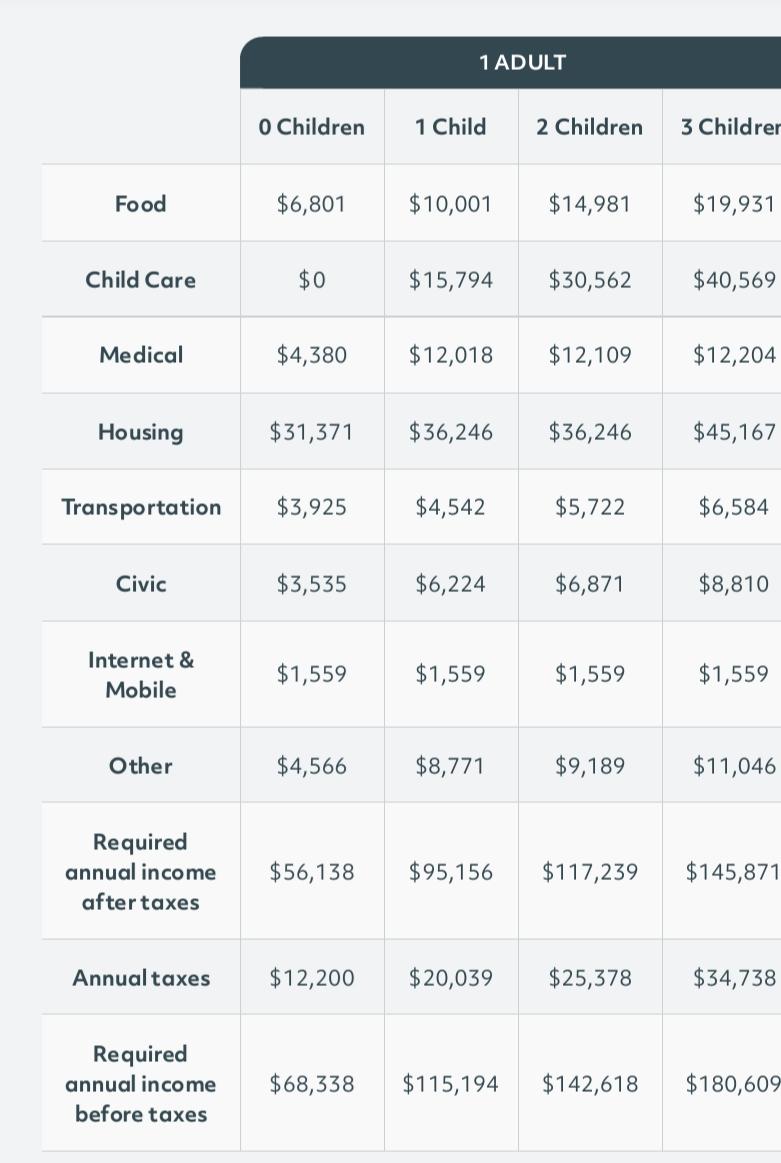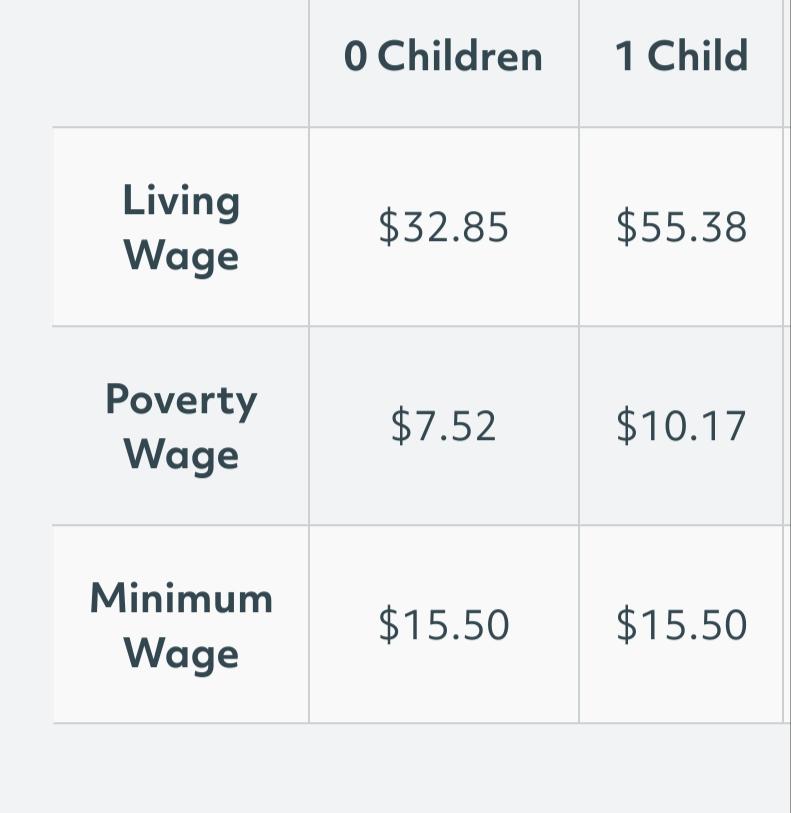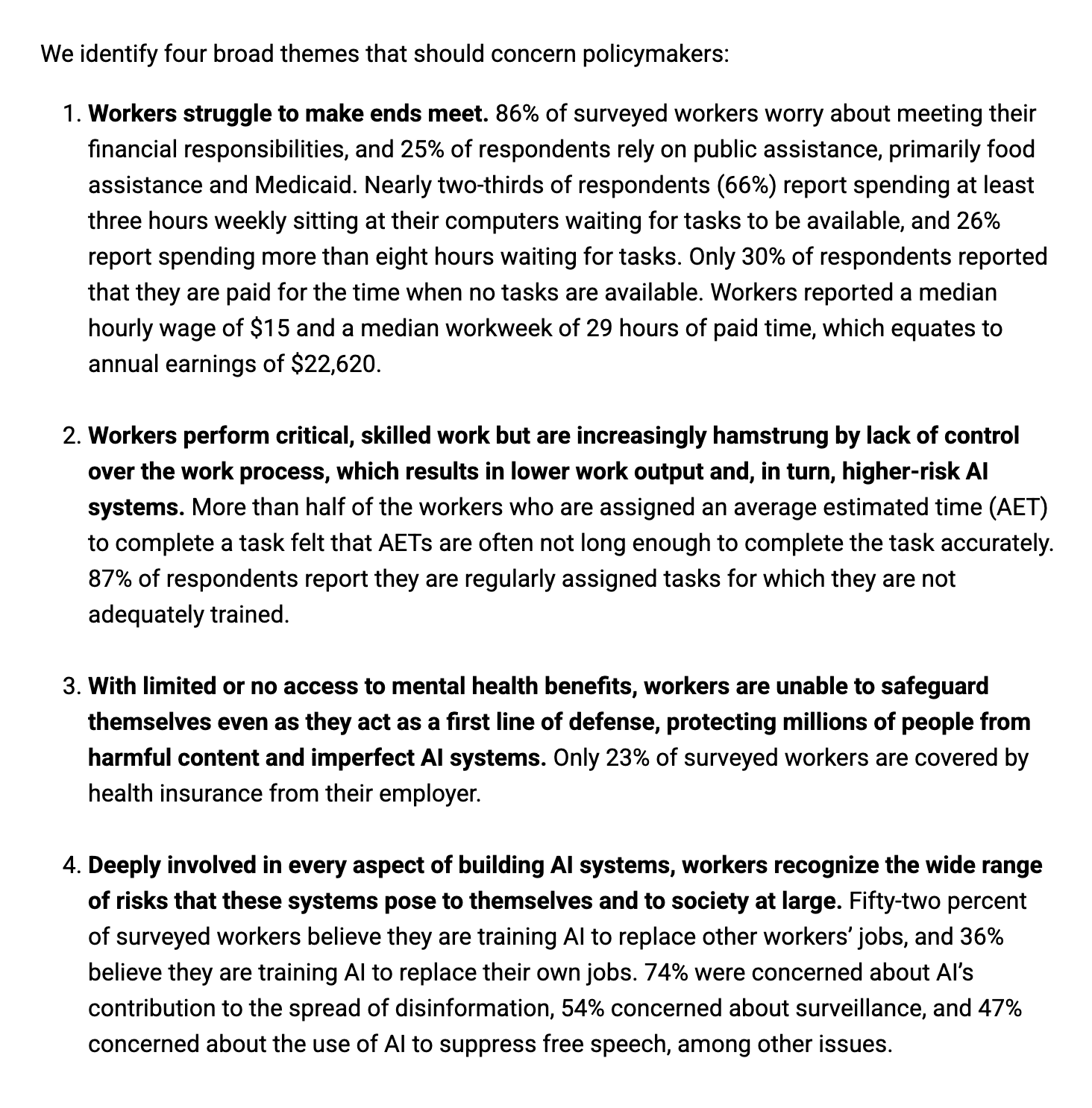We identify four broad themes that should concern policymakers:
Workers struggle to make ends meet. 86% of surveyed workers worry about meeting their financial responsibilities, and 25% of respondents rely on public assistance, primarily food assistance and Medicaid. Nearly two-thirds of respondents (66%) report spending at least three hours weekly sitting at their computers waiting for tasks to be available, and 26% report spending more than eight hours waiting for tasks. Only 30% of respondents reported that they are paid for the time when no tasks are available. Workers reported a median hourly wage of $15 and a median workweek of 29 hours of paid time, which equates to annual earnings of $22,620.
Workers perform critical, skilled work but are increasingly hamstrung by lack of control over the work process, which results in lower work output and, in turn, higher-risk AI systems. More than half of the workers who are assigned an average estimated time (AET) to complete a task felt that AETs are often not long enough to complete the task accurately. 87% of respondents report they are regularly assigned tasks for which they are not adequately trained.
With limited or no access to mental health benefits, workers are unable to safeguard themselves even as they act as a first line of defense, protecting millions of people from harmful content and imperfect AI systems. Only


